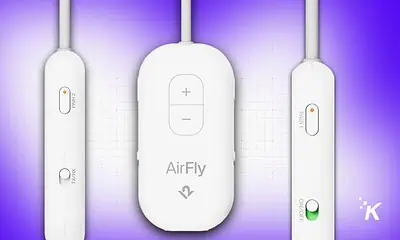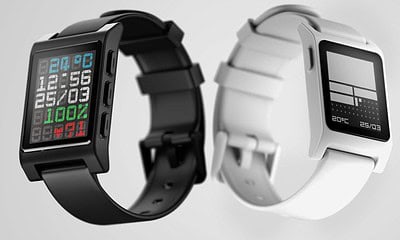Gadgets
It seems wireless charging isn’t as efficient as we think
Yeah, maybe stop using a charging pad…
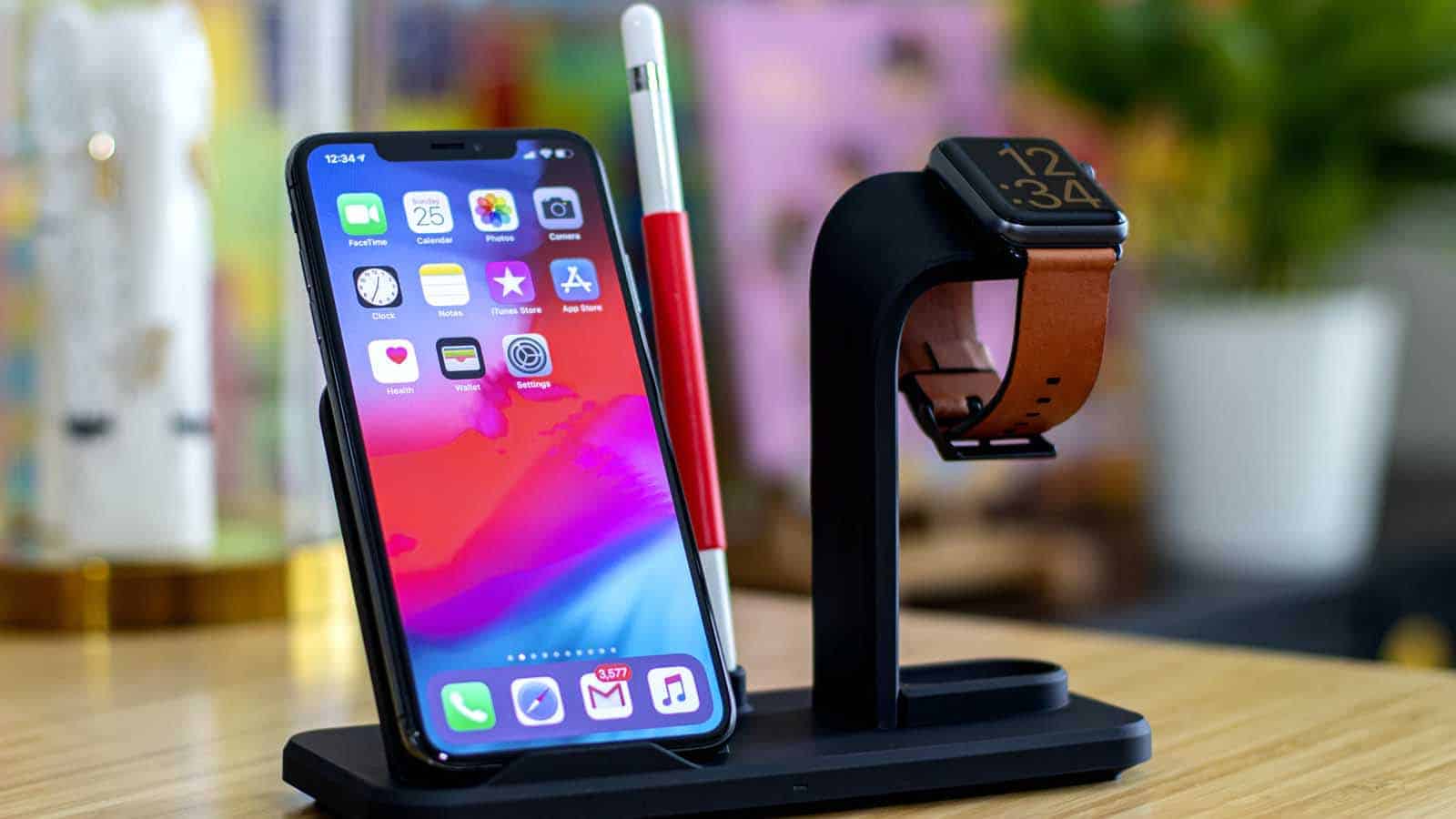
Just a heads up, if you buy something through our links, we may get a small share of the sale. It’s one of the ways we keep the lights on here. Click here for more.
Wireless chargers are everywhere. As a result, they’re very much the in-thing. In fact, when I’m reviewing a new handset, one of the first things I’ll look for is wireless charging capability. As far as these reviews go, I generally see this ability as a major positive. I mean, it saves me so much time and effort, right? Damn, I’m one lazy individual.
Well, perhaps I’m going to start listing that as a minus point, rather than a plus point. Why? Because a recent investigation, by Medium channel OneZero and tech website iFixit, found that wireless charging isn’t as efficient as we think. In fact, it could spell disaster for the environment, if adopted on a huge scale. With all of this in mind, let’s take a look at the juice-y details (totally unapologetic about that pun, thanks).
Losing Juice
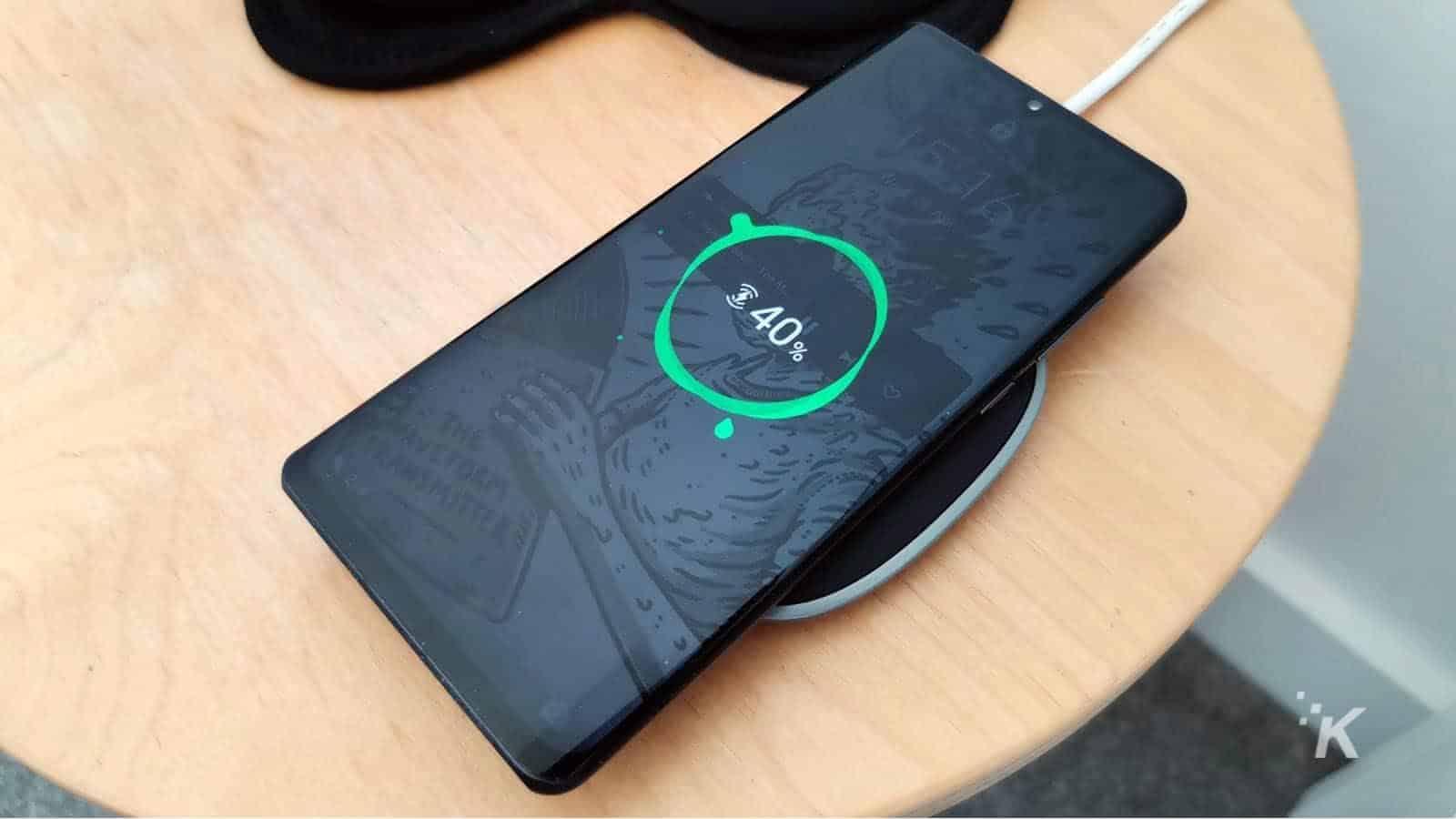
Image: Ste Knight / KnowTechie
It would seem that, despite what we all thought, wireless charging is actually pretty bad. It might be handy to place your phone on a wireless charger. But, is it actually that much worse than having to plug it in? Having thought about that point, I’m not sure it is worth the milliseconds it saves you.
According to the study, it is a poor way to charge your phone. That’s because it uses around 47% more power to charge your phone on a pad, compared to with a wire. We are seeing a marked difference, here. But is it one we can just live with?
You may not think that, on its own, your wireless charger is doing a great deal of damage. But, as wireless charging tech becomes more popular, it could “necessitate the construction of dozens of new power plants around the world.” That is quite a lot of power stations. It is also quite a lot of extra carbon emissions. That could prove a disaster for the environment.
We are all to blame
So, OneZero and iFixit aren’t saying that an individual using wireless chargers is going to make much of a difference. However, OneZero has previously reported that Apple may be taking steps to remove charging cables altogether. Nobody knows when this will happen. That said, if every Apple user was forced to go wireless for charging, that is when we may start to see that difference.
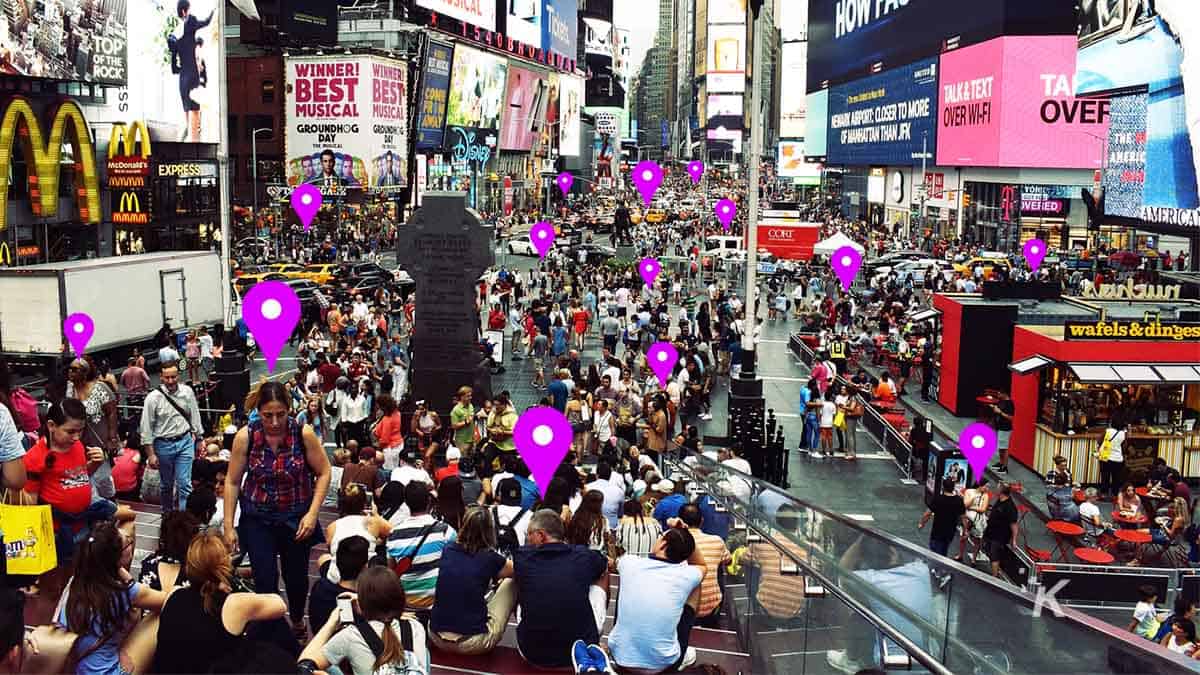
Image: KnowTechie
“I think in terms of power consumption, for me worrying about how much I’m paying for electricity, I don’t think it’s a factor,” Kyle Wiens, iFixit’s CEO, told OneZero. “If all of a sudden, the 3 billion[-plus] smartphones that are in use, if all of them take 50% more power to charge, that adds up to a big amount. So it’s a society-wide issue, not a personal issue.”
Time to ditch wireless chargers?
Taking all of this into account, perhaps stopping the use of wireless chargers is a good idea. It might be a convenient method of charging. But, is it actually that much more convenient than a wire? Not really, no. It is a matter of simply retrieving your charging cable and plugging your phone in.
It may have seemed like a great idea. But, for wireless charging to work, it needs to be much more efficient. If you want to charge your devices on the move, then check out our competition to win a RAVPower Portable Power Station. Wired, of course…
What do you think? Surprised that wireless chargers aren’t efficient? Let us know down below in the comments or carry the discussion over to our Twitter or Facebook.
Editors’ Recommendations:
- A new leak shines light on Apple’s mysterious AR glasses – $499, wireless charging, and more
- Samsung is back with another folding phone, the Galaxy Z Fold 2
- Sorry, the iPhone 12 won’t be arriving in September
- Samsung unveils the Galaxy Buds Live, $170 earbuds sporting noise cancellation and more




















